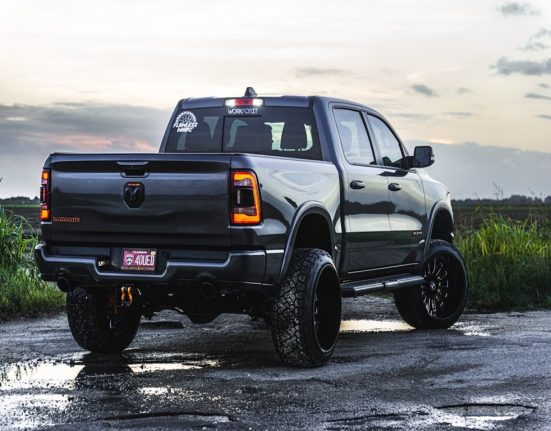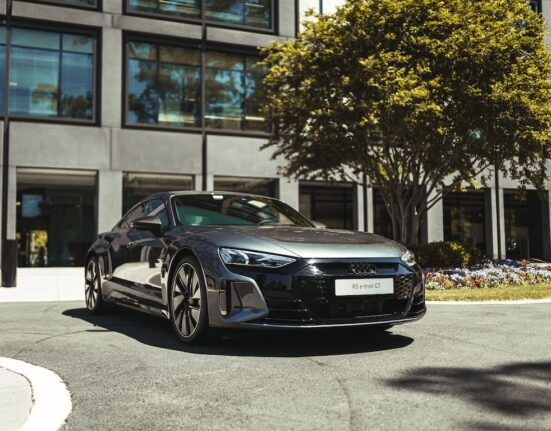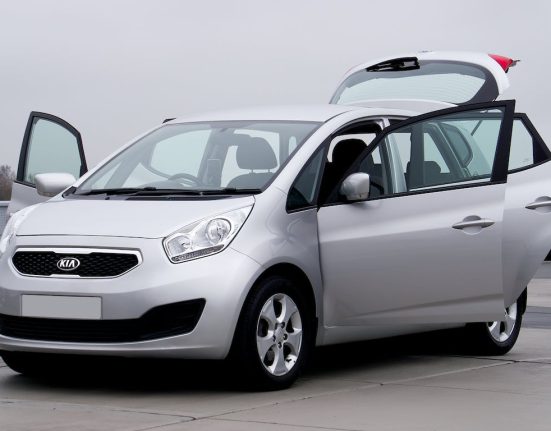Six basic types of car insurance are available. Some types of coverage may be required by your state, while others are optional. Regardless, you can still purchase all kinds of coverage from your insurer.
Liability Car Insurance
What it covers: Other people’s medical expenses and repair costs for their vehicles if you cause an accident. This does not include any costs for you or your passengers.
Who should get it: Almost every state requires drivers to buy liability insurance to drive legally.
Collision Car Insurance
What it covers: Damage to your car when you’re in an accident with another vehicle or hit a stationary object.
Who should get it: If you have a car loan or lease, you’ll need to carry collision insurance. It’s also advisable to get it if you can’t afford to repair or replace your car if it’s unexpectedly damaged.
Comprehensive Car Insurance
What it covers: Damage to your car that’s not caused by an accident, like vandalism or a natural disaster.
Who should get it: If you have a car loan or a lease, you will need comprehensive coverage on your auto insurance. It’s also a smart idea to get it if you can’t afford to repair or replace your car if it’s unexpectedly damaged.
Personal Injury Protection (PIP)
What it covers: Medical expenses if you or your passengers are injured in an accident. Qualifying expenses include traditional medical bills and costs not typically covered by health insurance, such as lost income and funeral expenses.
Who should get it: Car owners in any of the dozen states requiring PIP should purchase it since their medical bills could skyrocket if they get into an accident. Even if it’s not a requirement, you should still buy it if you can afford it since this type of insurance protects against high medical costs.
Uninsured or Underinsured Motorist Coverage
What it covers: Hospital bills and vehicle repairs if you are in an accident caused by an uninsured driver or a motorist with insufficient liability insurance to cover your expenses.
Who should get it: If you live in one of the 20 states requiring uninsured motorist coverage, make sure you have it. You should also think about purchasing it if you don’t have any other types of auto insurance — like collision insurance or PIP.
Medical Payments (MedPay) Coverage
What it covers: Medical expenses for you, your passengers, your household members, and other policyholders in the event of an accident. The insurance can also cover some of your copay and deductible expenses.
Who should get it: In Maine and New Hampshire, drivers must purchase MedPay to supplement existing health insurance and PIP coverage. Even if MedPay is optional in your state, you should still buy it to protect yourself against high medical bills.




